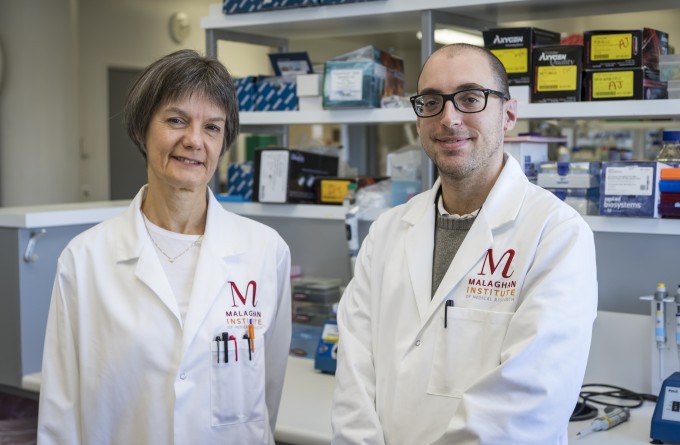Uncovering how our genes regulate immune cell activity during allergies.
The Lamiable Research Team explores how the subtle genetic changes that goes on within immune cells, particularly dendritic cells and T-cells, can trigger allergic and inflammatory diseases.
Using advanced bioinformatics and powerful tools such as CRISPR-Cas9 gene editing, the team maps out the genetic circuits responsible for driving allergic responses. By pinpointing which genes are involved, their goal is to design new strategies to prevent the development of allergic disease.
Research areas
- Allergic and inflammatory disease
- Transcriptomic analysis of immune cells
Research projects
- Functional and transcriptomic plasticity of dendritic cells during allergic and non-allergic immune responses
Team members
Louise Cameron
Masters Student
Claire Harlick
Masters Student
Marie-Sophie Fabre
Senior Research Officer
Sam Old
Bioinformatics Research Officer
Nina Carcò
Bioinformatician
Research highlights

Tracking allergies to their source: new research offers insight into mechanisms priming the allergic response
2 July 2025
Read more

International collaboration finds lipid imbalance in the skin may contribute to inflammatory conditions
24 June 2024
Read more

Health Research Council to fund clinical study investigating the skin’s role in initiating allergic disease
28 June 2023
Read more

Discovery points to the skin as ‘ground zero’ for allergic disease
19 November 2021
Read more

Research under lockdown: Keeping an eye on dendritic cells in the skin
26 May 2020
Read more

